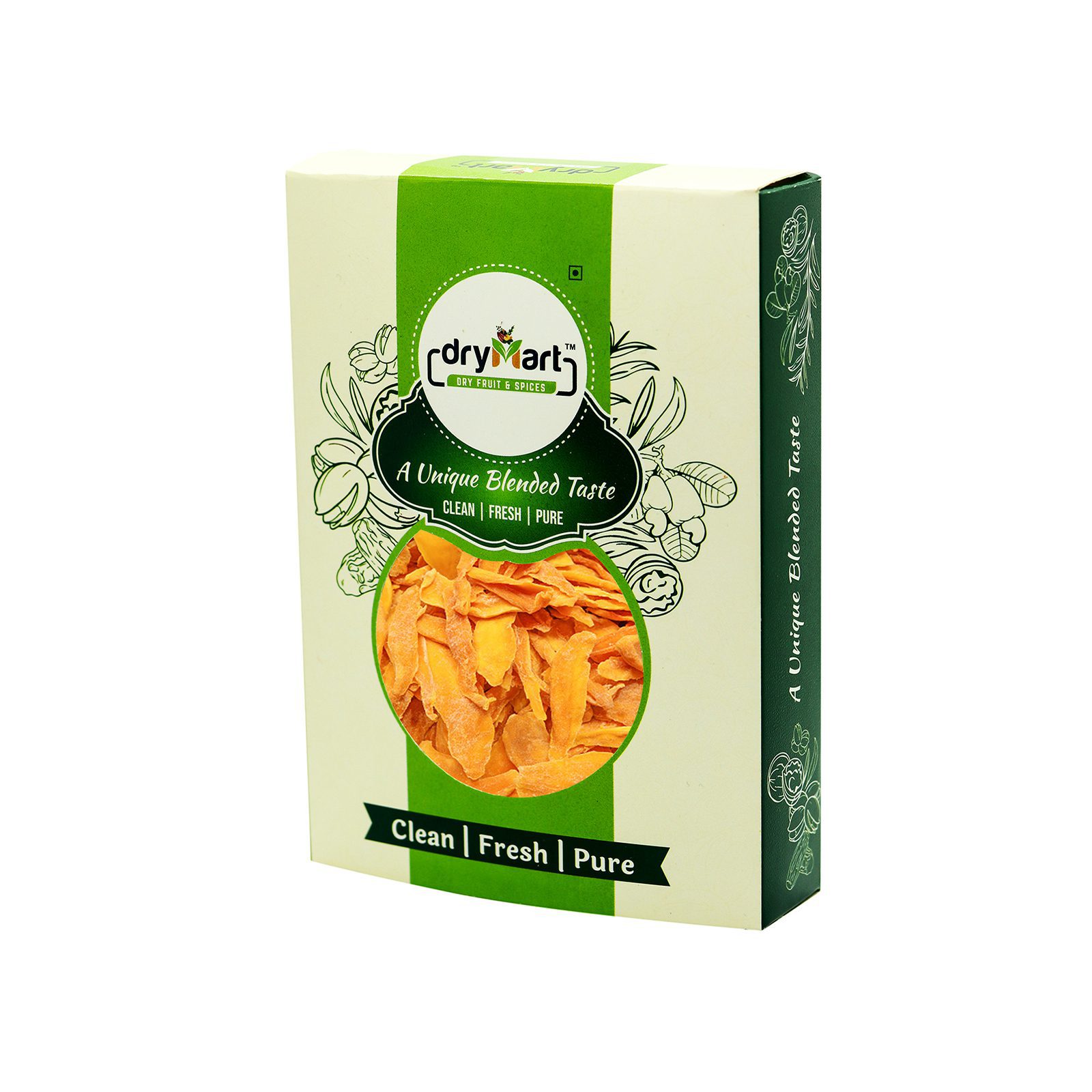Those Tasty Nutritional Advantages of Air-dried Mangos
Dried mango is not only a delicious treat but also a powerhouse of health benefits that can enhance your overall wellness. Cultivated in tropical climates and processed in specialized dried mango factories, this unique fruit offers a easy way to enjoy the tastes and benefits of fresh mangoes all year round. The sugary, tender slices are packed with essential vitamins and minerals that make them a perfect addition to a healthy diet.
One of the standout features of dried mango is its significant content of vitamins A and C. These essential nutrients play a key role in supporting your immune system, promoting healthy skin, and contributing to good vision. In addition, dried mango contains diet fiber, which supports digestion and helps maintain a feeling of satiation, making it an ideal snack for those looking to manage their weight. With these health benefits, incorporating dried mango into your everyday life can be both nutritious and pleasurable.
Nutritional Profile of Dried Mangoes
Sun-dried mango is a delicious and adaptable snack that delivers a rich nutritional content. One of the key features is its significant content of vital vitamins, particularly vitamin A and vitamin C. Vitamin A plays a critical role in supporting sound vision and immune function, while vitamin C is known for its oxidative stress-reducing properties and its significance in skin health and collagen synthesis. This makes dried mango not just a tasty treat but also a helpful addition to your diet.
In addition to essential nutrients, dried mango is a great source of nutritional fiber. Fiber is essential for digestive health, as it helps to regulate bowel movements and can reduce the risk of constipation. Including dehydrated mango in your nutrition can aid your gut health and contribute to feeling, making it a fantastic option for those looking to manage their weight. This fiber content, combined with its natural sweetness, makes dried mango a pleasurable alternative to numerous processed snacks.
Moreover, sun-dried mango holds vital minerals such as potassium and magnesium. Potassium helps to manage fluid balance, muscle function, and nerve signals, while magnesium is essential for many biochemical reactions in the body. The inclusion of these minerals in sun-dried mango contributes to overall wellness and can assist in sustaining a well-rounded diet. Obtaining dried mango from a reliable dehydrated mango supplier ensures that you obtain a product that preserves these essential nutrients while ensuring on flavor.
Advantages of Dehydrated Mango
Dehydrated mango is not only a savory snack but also a nutritional powerhouse. It is rich in vitamins A and C, both of which are essential for maintaining healthy skin and a robust immune system. Vitamin A supports eye health and can aid in the prevention of night blindness, while vitamin C is known for its free radical-fighting properties, helping to combat free radicals in the body. Regular consumption of dehydrated mango can contribute to overall wellness and vitality.
In addition to vitamins, dried mango is a great source of dietary fiber. Fiber plays a crucial role in digestive health by promoting regular bowel movements and preventing constipation. Furthermore, a high fiber intake can help stabilize blood sugar levels, making dehydrated mango a suitable option for those looking to balance their energy levels. This natural sweetness provides a wholesome treat without the added sugars found in many packaged snacks.
Another notable advantage of dehydrated mango is its mineral content, which includes potassia and magnesite. These minerals are vital for maintaining heart health and proper muscle function. Potassium helps to balance fluids in the body and supports healthy blood pressure levels, while magnesium plays a critical role in muscle contractions and energy production. Whether enjoyed on its own or added to various dishes, dried mango brings a host of health benefits that make it a worthwhile addition to your diet.
The Dehydrated Mango Manufacturing Process
This particular production of dehydrated mango starts with the careful choice of mature mangoes. Quality is paramount, and the fruit is typically procured from well-established mango farms famed for their high-quality cultivars. Upon harvest, the mangoes undergo rigorous inspection to confirm they fulfill the necessary criteria for size, ripeness and flavor. This initial step is crucial as it establishes the foundation for the overall quality of the final dried fruit.
When the mangoes meet inspection, they are washed thoroughly to get rid of any contaminants and contaminants. Following the wash, the mangoes is removed of its skin and cut into uniform pieces. This uniformity is crucial for uniform drying and consistent texture. Based on the desired end result, the mango slices can be treated with a mixture to improve taste or extend shelf life, including a subtle syrup or organic preservatives.
The final stage of the process involves dehydrating the mango slices, which can be done through multiple methods such as sun exposure, dehydrators, or commercial dryers found in a dried mango factory . All method has its own pros, but all aim to cut moisture content while maintaining the fruit's intrinsic flavors and nutrients. After drying, the mango pieces are cooled and sealed for delivery, ready to offer their sweet health benefits to buyers worldwide.
